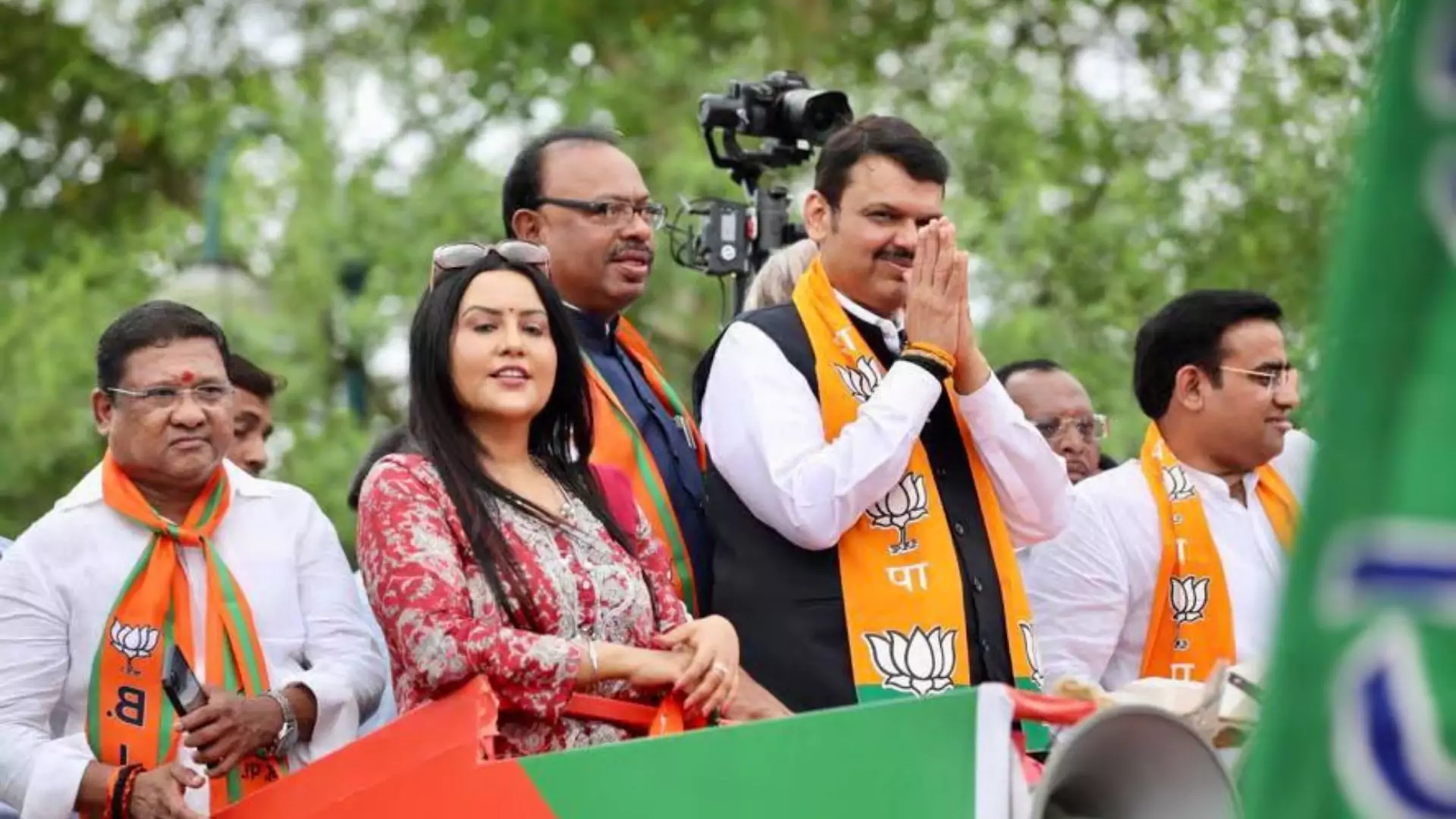In the initial 100 days of Prime Minister Narendra Modi’s new term, the government has rolled out an ambitious agenda aimed at empowering Other Backward Classes (OBCs), Dalits, minorities, and tribal communities. This strategic focus highlights the administration’s commitment to enhancing the socio-economic status of historically marginalized groups across India.
Developing Tribal Villages
One of the cornerstone initiatives is the Prime Minister’s Developed Tribal Village Campaign, which aims to uplift 63,000 tribal villages. This program is set to significantly improve the socio-economic status of approximately five crore tribal individuals, ensuring better access to resources and opportunities.
Expanding the NAMASTE Initiative
The government has also extended the National Action for Mechanised Sanitation Ecosystem (NAMASTE) scheme to include waste-pickers alongside sanitation workers. This extension aims to promote social and economic empowerment for these vital contributors to public health and hygiene, recognizing their important role in society.
In a significant move for inclusivity, three lakh identification cards have been issued to persons with disabilities from Scheduled Tribes, including 1.17 lakh cards for individuals aged 60 years and above. This initiative reflects the government’s commitment to supporting vulnerable populations and facilitating their access to various benefits.
Enhancing Livelihood Opportunities
The Pradhan Mantri Samajik Utthan evam Rozgar Adharit Jankalyan (PM SURAJ) scheme has been expanded to provide better access to concessional loans for Scheduled Castes (SCs), OBCs, and sanitation workers. This initiative is designed to enhance livelihood opportunities through improved financial inclusion and support for self-employment ventures. By empowering those who have historically faced economic challenges, the government aims to foster sustainable development.
Educational Empowerment for Tribal Students
Significant progress has been made in educational empowerment through the Eklavya Model Residential Schools (EMRS) initiative. Currently, over 123,000 students are enrolled across 405 functional schools, which are tailored to provide quality education to tribal students. The Ministry of Tribal Affairs is spearheading this initiative, with a target of establishing 728 EMRSs by 2026 to further bridge educational gaps.
To enhance sports capabilities among tribal students, the Ministry has announced the establishment of 15 Centres of Excellence for Sports within EMRSs. Additionally, 40 new schools have been set up, and 110 existing schools have been upgraded with smart classrooms. This integration of technology into education aims to modernize the learning environment and make education more engaging and accessible for students.
Modernizing Waqf Property Management
The introduction of the Waqf (Amendment) Bill, 2024, marks a significant step toward improving the management and preservation of Waqf properties. This legislation aims to establish a digital platform for the online registration and monitoring of Waqf properties, enhancing transparency and reducing disputes. The bill signifies a major move towards modernizing the administration of these assets, addressing long-standing management issues.
On Sunday, Prime Minister Narendra Modi reiterated that the government’s priority remains the development of tribals, the poor, Dalits, women, and youth. With several schemes launched to benefit these communities, the government underscores its commitment to inclusive development that reaches all corners of society.


















